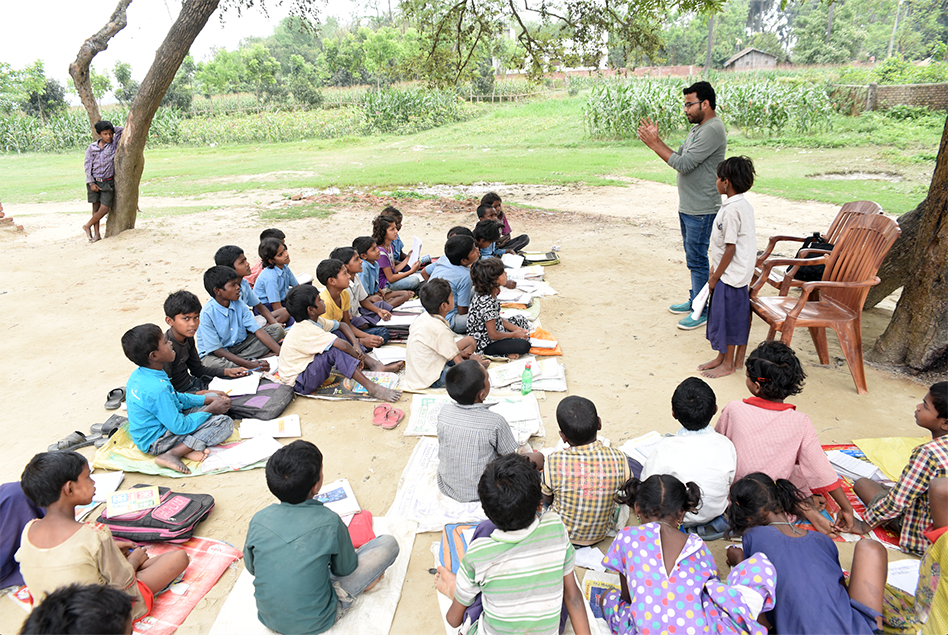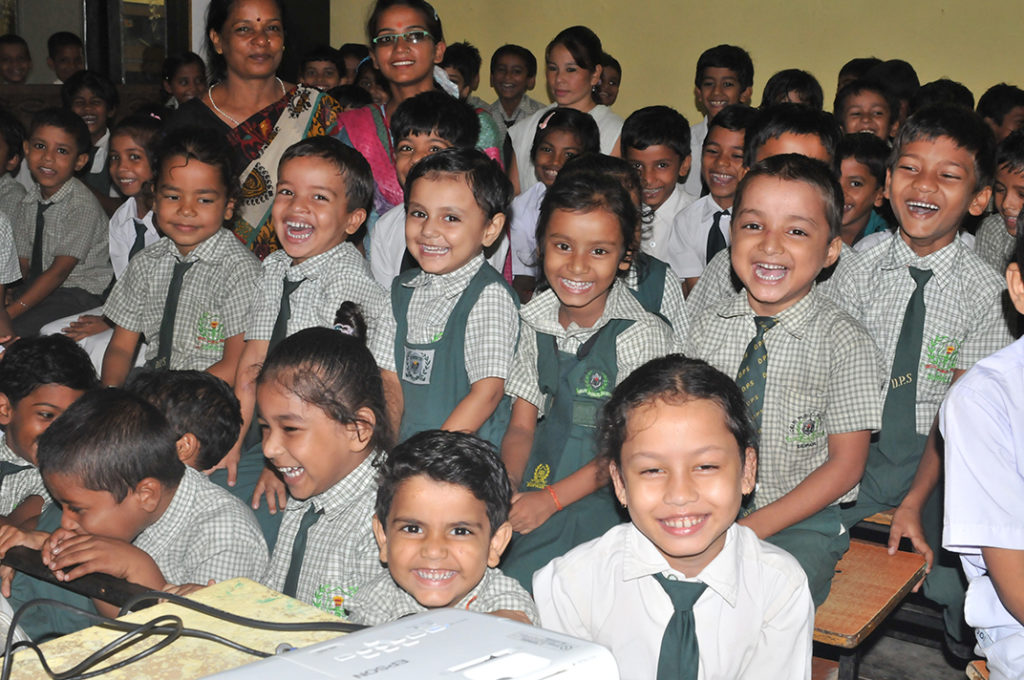Free thinking : “The free exercise of reason in matters of religious belief, unrestrained by deference to authority.” – Oxford Dictionary
The popular Wikipedia definition of free thinking- “Free thought is a philosophical viewpoint which holds that positions regarding truth should be formed on the basis of logic, reason, and empiricism, rather than authority, tradition, revelation, or other dogma”, seems accurate and comprehensive. The free thought emerged as an opposition to the religious position imposed by non-secular institutions, an application of logic and skepticism and an attempt to break free of Orthodox, irrational and unscientific world views. The term first came into use in the 17th century in order to indicate people who inquired into the basis of traditional religious beliefs. In the modern context, the understanding of free thinking has expanded and does not merely signify religious dissent but is also associated with the ability to reason, debate, question and think unconventionally.
“To be free is to be capable of thinking one’s own thoughts, not the thoughts merely of the body or of society, but thoughts generated by one’s deepest, most original, most essential and spiritual self, one’s individuality.” – Rudolf Steiner, Austrian philosopher
Free thinking entails the power and the privilege to be able to generate ideas and thoughts of your own, undiluted by prejudices of society. It represents an ability to think without bias, question without fear and speak without regret.

As is evident from many works of dystopian literature, any society or authority that discourages free thinking is often an autocratic, fundamentalist one that seeks to globalise its own ideas and cherishes anarchy and pandemonium. Free thinking is important to save oneself from the reins of dictatorship and to preserve the ideals of democracy. It is important to prevent oneself from falling prey to absurd superstitions and the building of a society on those very foundations.
To accept without question, to not refute authoritative principles is dangerous and unhealthy. It can lead to the internalization of incorrect formulae and the perception of right as wrong and wrong as right. Even for subjective concepts, it is essential that people come forth to put forward their own opinions, arguments, and views, on a more representative and open minded platform.
Free thinking is a necessary prelude to an open, progressive and accepting nation and society. Even if free thinking gives expression to seemingly absurd notions, it is essential to have a forum to be able to communicate them even if it is at the cost of being proved wrong. This would help people to think differently, expand the existing horizons of thinking and to be able to evolve innovative ways to refute or implement new ideas. A spirit of enquiry and a sense of inquisitiveness is important for any community, at an individual and collective level.
“The free thinking of one age is the common sense of the next.” – Matthew Arnold
There was a time when it was believed that the earth was flat and that the sun and other celestial bodies revolved around it. The free thinking of Copernicus and Galileo served to prove that theory wrong is now the ‘common sense’ of our age. It is because of free thinking that breakthrough discoveries and inventions occur. If it hadn’t been for the independent thinking of Newton, Edison, Tesla, Wright brothers, Stephen Hawking etc, we would still have been living in blissful ignorance of all that humanity is capable of accomplishing. It is not just scientists who have demonstrated the immense power and need of free thinking. Great artists like Mozart, Beethoven, authors like Orwell, Dickens, Emily Dickinson, Shakespeare, Neruda etc; philosophers like Kant, Sartre, Marx; Freud have all contributed towards the holistic, cultural, scientific and spiritual development of humanity.
Free thinking enables us to generate ideas that have the power and potential to transform the world. Free thinkers also form more effective and efficient governments, teachers, scholars etc. They allow themselves to think of concepts not mentioned in textbooks, and thus, experience personal and social success.
Open mindedness, liberalism, responsiveness, and flexibility are important traits to be embodied for free thinking.
For an individual, free thinking is important for his/her intellectual and cognitive development. Any person should be encouraged to think extraordinarily and unconventionally. Free thinking is important to preserve one’s own sense of identity and utilizes one’s intellect, instead of merely accepting whatever one is told. It is important that no child swallows whatever is taught to them hook, nail and sinker; but has the ability to refute, debate, understand and then accept. It is hazardous to the mental health of a student to accept what he/she is told without question. As the philosophical proposition, “Cogito Ergo Sum”, effectively communicates, “I think, therefore I am”. Only in the act of thinking, does one truly leave an indelible imprint in the cosmos of his existence.
Through the power of free thinking, we get the confidence to fearlessly examine and explore ideas, to dispel misconceptions and superstitions which hamper human progress. It resonates with the hope for liberation, change and the possibility of freeing those trapped as a consequence of dogma and superstition.
Due to the immense benefits of free thinking, it is necessary to establish a structure of education that vigorously promotes the same.
One of the vital features of such an education system would be to actively discourage rote learning and encourage critical thinking. The purpose of education should be an acquisition of knowledge and to enhance a student’s skills rather than scoring high marks and doing well in exams. Merely memorizing facts and cementing them in one’s memory is not effective education. Imparting education and knowledge implies facilitating students to understand the larger rhetoric instead of mugging up insignificant details.

Students should be encouraged to think for themselves, come up with their own understanding of historical events, causes, impact; should be able to identify patterns and links themselves, instead of being spoon fed the information and being expected to replicate it perfectly on answer sheets and assignments. Rote learning is hazardous for a child’s intellectual development and prevents him/her from being independent minded, taking decisions and trains them to accept subjective truths as fact instead of evolving their own versions of the truth. Rote learning leads to stunted intellectual capacity and meddles with an individual’s cognitive abilities. It robs one of the capacity to think, reason, debate, and question. An education system of this type has an adverse impact on students and should be eradicated.
Happy Horizons understands what true education means and seeks to promote and implement it. The teachers here use innovative methods to drive home concepts and phenomena. Children are encouraged to think unconventionally, ask questions and seek answers. More importantly, free thinking is not only tolerated but also encouraged. Thoughts and ideas of children are not undermined but actively entertained. Its campaigns for digital literacy, learning through videos, learning with arts and crafts and Project Jigyaasa (Storytelling and book designing) are all aimed at encouraging free spirited and thought to provoke teaching and learning.
Free thinking is an entitlement available to all free humans. It should be exploited as well as it can. It should be inculcated in young minds and encouraged in Orthodox ones. It’s ideas should be embodied, transferred and endorsed. The power of free thinking should not be undermined or taken for granted. Mountains can be moved, history can be rewritten, territories can be conquered if only one thinks, and thinks freely.
– Article by Kashish Komal, Volunteer, St Stephen’s College, Delhi.